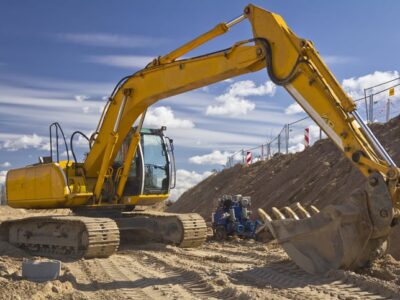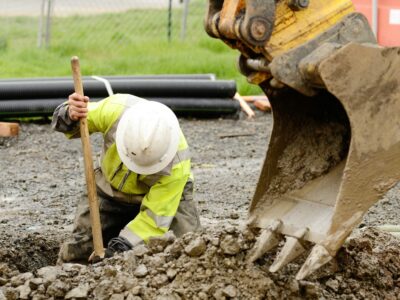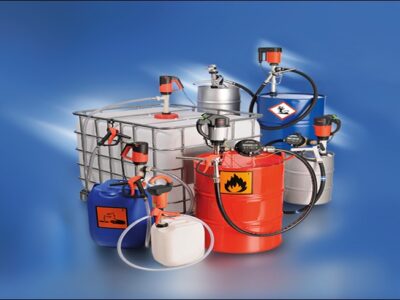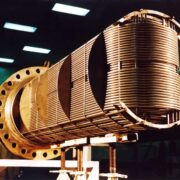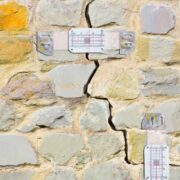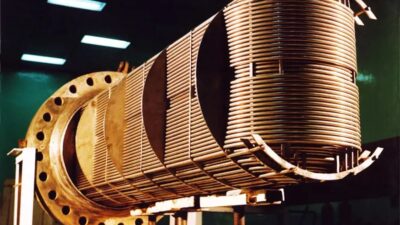
A hydraulic system is a complex arrangement of components consisting of important parts such as a motor, pump, valves and cylinders. If hydraulic equipment is properly maintained, it can be highly reliable and durable. Hydraulic power is used in a wide variety of industries, making difficult and challenging tasks a lot easier. If you don’t maintain your equipment, repairs and replacements can be costly.
Here are some things to look out for when inspecting your hydraulic system.
Tell-tale Signs of Hydraulic System Trouble > When inspecting any type of hydraulic equipment, it is important to notice some of the most common signs that tell you there is something wrong. Most hydraulic system problems include:
- Slow or irregular movements
- Increased noise
- Increased temperature
One of the most common causes of poor hydraulic performance is heat and air contamination, water or moisture damage can also have negative impacts on equipment. The hydraulic pump is a vital part of the system, and if it gets damaged, it can cost a lot of money to replace or repair. If you let the pump deteriorate, it allows debris into the system, causing damage to other parts. To avoid this happening, you must maintain this and every other piece of your equipment. Companies like HP Hydraulics have years of experience servicing hydraulic systems, so if you notice any problems, it is advisable to contact a knowledgeable hydraulics repair team.
Heat Problems > If your hydraulic system is having problems dispelling heat, it will cause increased fluid temperatures. When fluid starts to heat, it gets thin, this causes problems with lubrication. If key components of your hydraulic system don’t stay properly lubricated, the entire system can seize. If a major seizure occurs, you may need to replace your whole hydraulic system.
An experienced engineer will look for fluid in the reservoir and the heat exchanger, if they notice any problems they’ll replace these parts. If you allow the temperature to increase, the fluid eventually transforms and turns into varnish. Once the fluid becomes this thick, you’ll have all sorts of problems on your hands.
Air Contamination > If air has contaminated your hydraulic system, you’ll usually notice either one of two things:
- Banging noises
- Knocking sounds
Both sounds are caused by compression and decompression of air as if passes through your hydraulic system. Air causes increases in temperatures, this results in system damage such as seal degradation and fluid issues.
Water & Moisture Issues > Water contamination can corrode key components of your system, if your hydraulic fluid has a milky or white appearance, it is a clear sign that has been contaminated. If water freezes inside your equipment, it can cause a wide variety of problems. If you notice any signs of contamination, it is advisable to call an engineer.
If you want to avoid any major issues with your hydraulic system, it is imperative to have your equipment serviced on a regular basis. When inspecting machinery, look out for the tell-tale signs of water, air and heat contamination. If you notice any problems, it is vital to contact a skilled engineer before it gets out of hand.



